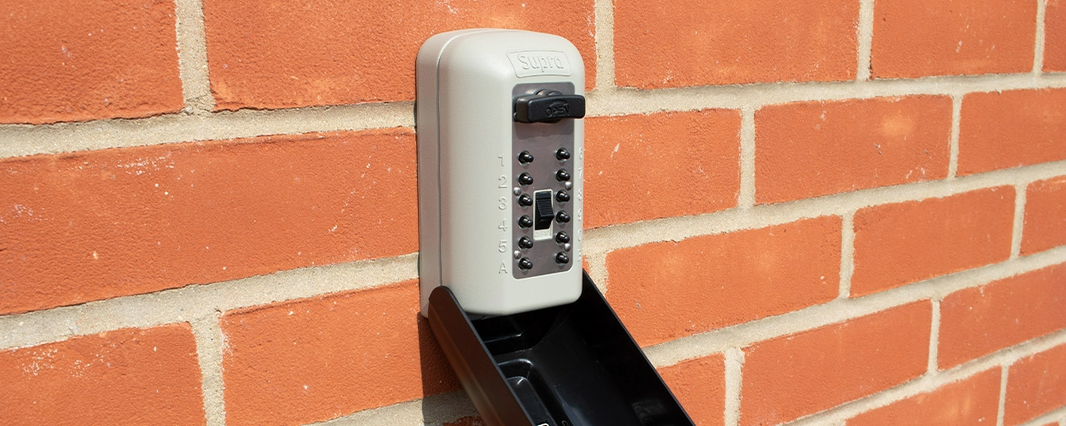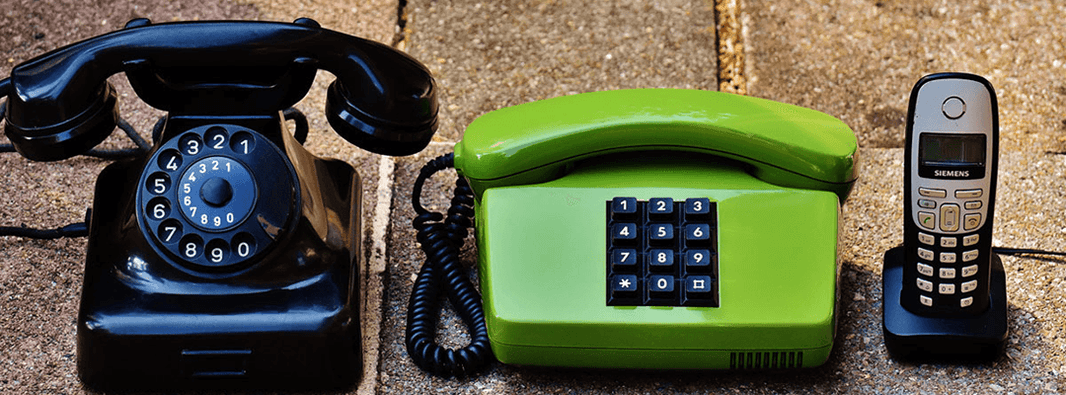Inactivity isn’t good for your health. It can lead to weight gain, illness, and a general lack of productivity. At times – especially for the elderly – it can be difficult to find the motivation to get up and workout. Getting fit involves planning, setting goals, and keeping track of your progress, and that can seem a lot even without the exercise itself.
Fitness trackers are a fantastic way to help your loved one achieve their fitness goals or encourage them to start some gentle exercise and build up their fitness levels. There’s been a huge increase in popularity of fitness trackers in recent years due to their convenience, small size, and discreet look. That’s why we think they’re a great option for your loved one.
Fitness trackers are an example of how modern technology can help the elderly.
How Do They Work?
In simple terms a fitness tracker measures motion and movement. Some can even measure your heart rate. The tracker will constantly collect data and convert it to steps, calories, activity, and sleep quality.
Some trackers feature an ‘altimeter’ which – much like our fall detectors – can measure altitude. In our fall detectors, the altimeter detects a sudden fall in altitude, but in a fitness tracker, it can be used to count how many stairs were climbed in a day. This data can be read on the face of a tracker. Many are accompanied by an app that breaks the data down, allows you to set goals, and even challenge friends.
Benefits of a Fitness Tracker
As fitness tracker technology develops, so do their benefits. When fitness trackers first surfaced they had only very simple features and were essentially glorified step counters. Nowadays, they are so much more with many being able to monitor heart rate and be worn underwater. Some even send messages like a mobile phone.
As we get older we may think it’s time to take it a bit easier, but studies have shown that maintaining regular exercise in old age has a world of benefits. Only one in four people between the ages of 64 and 74 exercise regularly. The National Institute for Ageing states that exercise can be an effective remedy for many chronic illnesses such as arthritis and diabetes. Getting people moving is just one of many benefits of a fitness tracker. Here are some more great benefits of introducing your loved one to a fitness tracker.
Encouraging Physical Activity
When it comes down to it, the biggest benefit of a fitness tracker is that it encourages physical activity. Even if the progress is slow, just a few extra steps a day can make a huge difference. A lot of devices come with built in workouts from running to yoga to stretching. Your loved one can follow easy instructions on how to exercise effectively and you could even enjoy a workout together. We all know the benefits of getting exercise, so if the tracker promotes exercise we’re all winning!
Medical Safety
The majority of trackers on the market will keep an eye on your loved one’s heart rate, and some even monitor blood pressure. Although when most people think of these devices, they think of getting fitter, losing weight, or tracking steps, they can be beneficial to those who suffer from medical conditions. Heart rate monitors are an easy way to keep track of heart rate. It can essentially be used as a warning device and help keep track of things.
Convenience
Having a fitness tracker is a far more convenient way to stay active for your loved one, as – aside from the exercise itself – it involves very minimal effort. The tracker does all the hard work for you; it suggests workouts, includes exercise programs, and most keep track of your heart rate and let you know when you’re getting the best from your workout.
The fitness tracker can be used instead of making a trip to the gym or going to a class. It is especially beneficial for someone who isn’t that confident with working out in front of other people. The tracker won’t judge your loved one, it will only encourage them to do better.
Cost Effective
Gyms can be extremely expensive, with some costing over £30 per month plus a joining fee. That’s without considering the cost of petrol or public transport to get there if it’s not within walking distance.
A fitness tracker incurs a onetime cost to buy the device, and then there are no further rental costs to cover it. Trackers that come with apps usually update through a connection to the internet to keep up to date with the latest workout trends and add different exercises regularly. Your loved one may not have much disposable income, so a fitness tracker would be an excellent choice for them.
Motivation
Fitness trackers are like a ‘mini you’ on your wrist, giving a constant reminder to get moving. If your friend or family member struggles with their memory this can really help. Most trackers have the option of setting regular reminders to go for a short walk and increase steps taken. You may be able to tailor this specifically to your loved one’s needs. Most apps that come with tracker devices have the option of adding friends, so if you’ve got a tracker as well you could challenge your loved one to see who can achieve the most steps. There’s nothing like a bit of healthy competition.
The Careline Alarm
A fitness tracker can help your loved stay fit and healthy and keep track of their lifestyle from the comfort of their own home. We support elderly people who want to stay independent at home for as long as possible. That’s why our Careline Alarms are a fantastic option alongside a fitness tracker.
If you would like to hear more about our personal alarm service, please get in touch with our helpful customer service team on 0808 304 4428 or send them an email to info@careline.co.uk.
Editor’s Note: This article was updated on 26th May 2022 to reflect current information.








